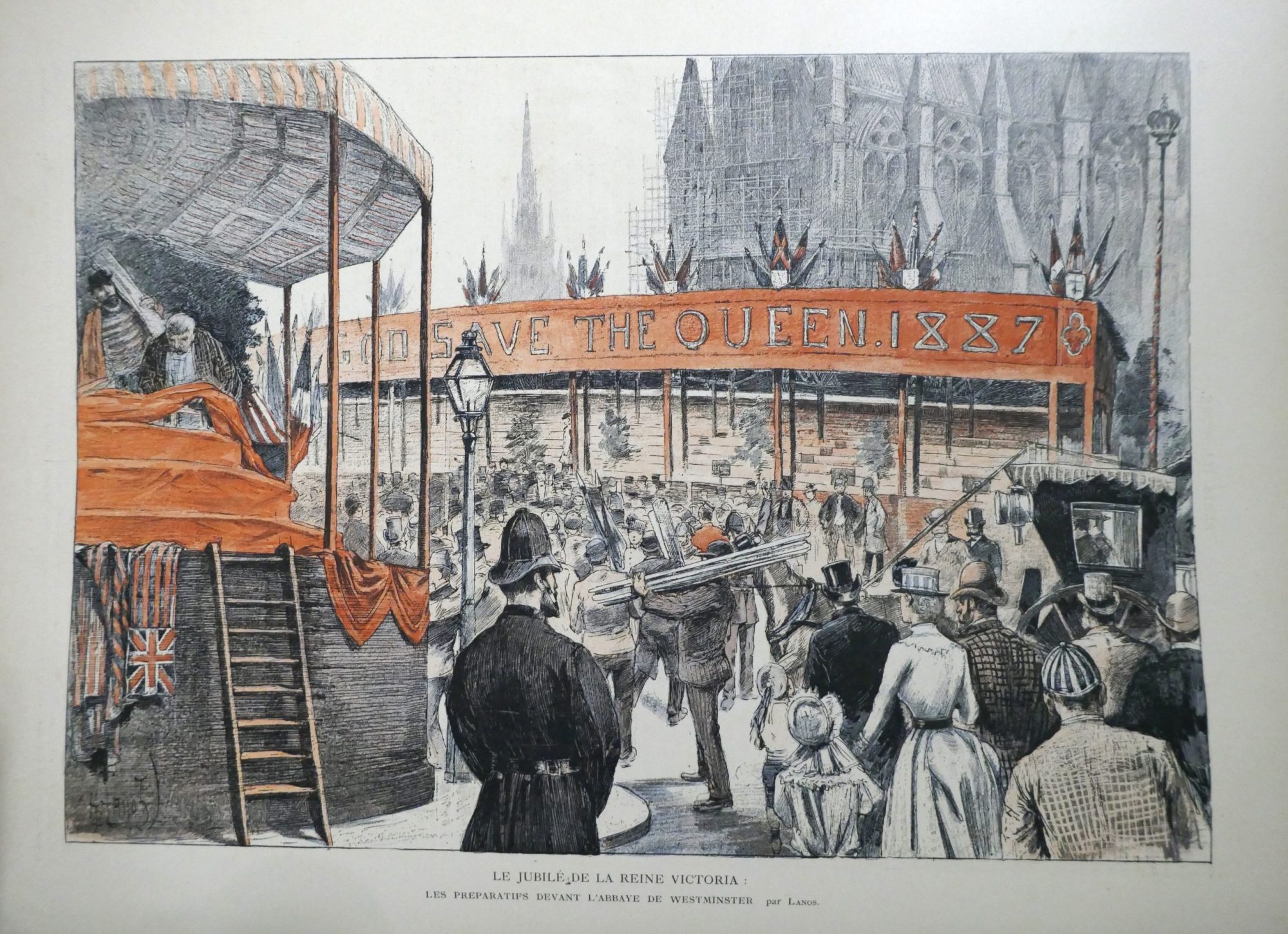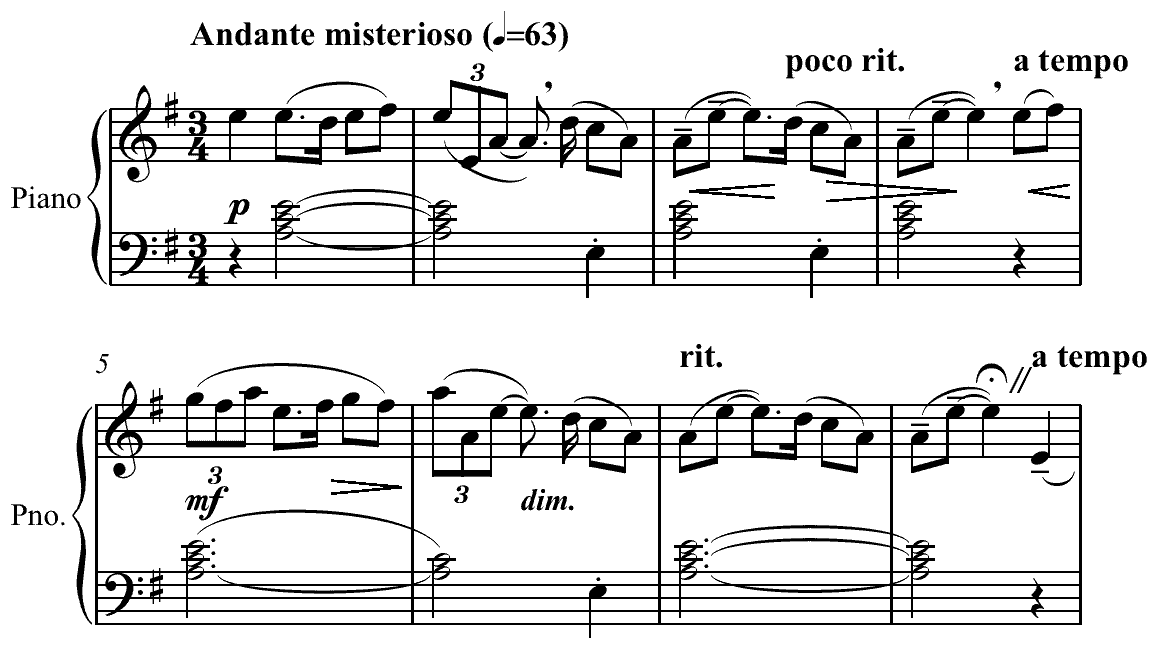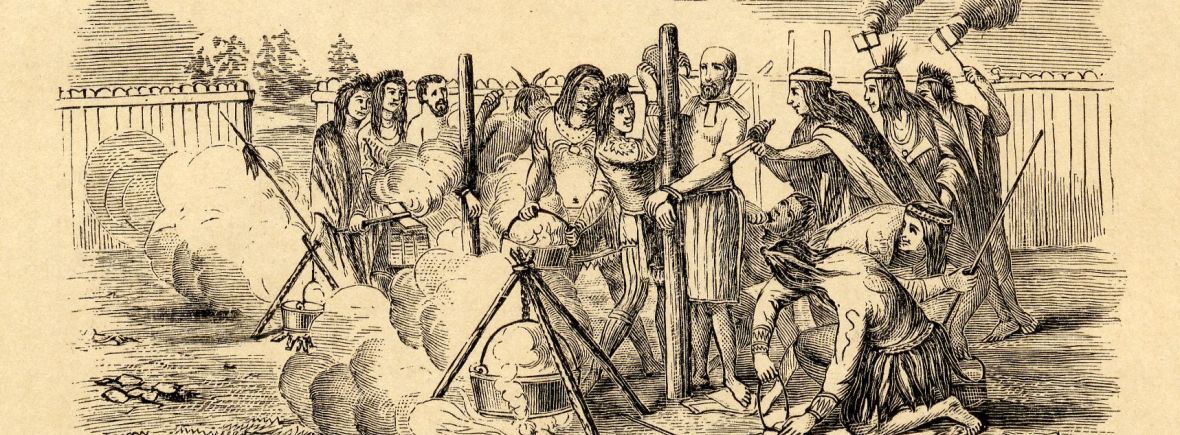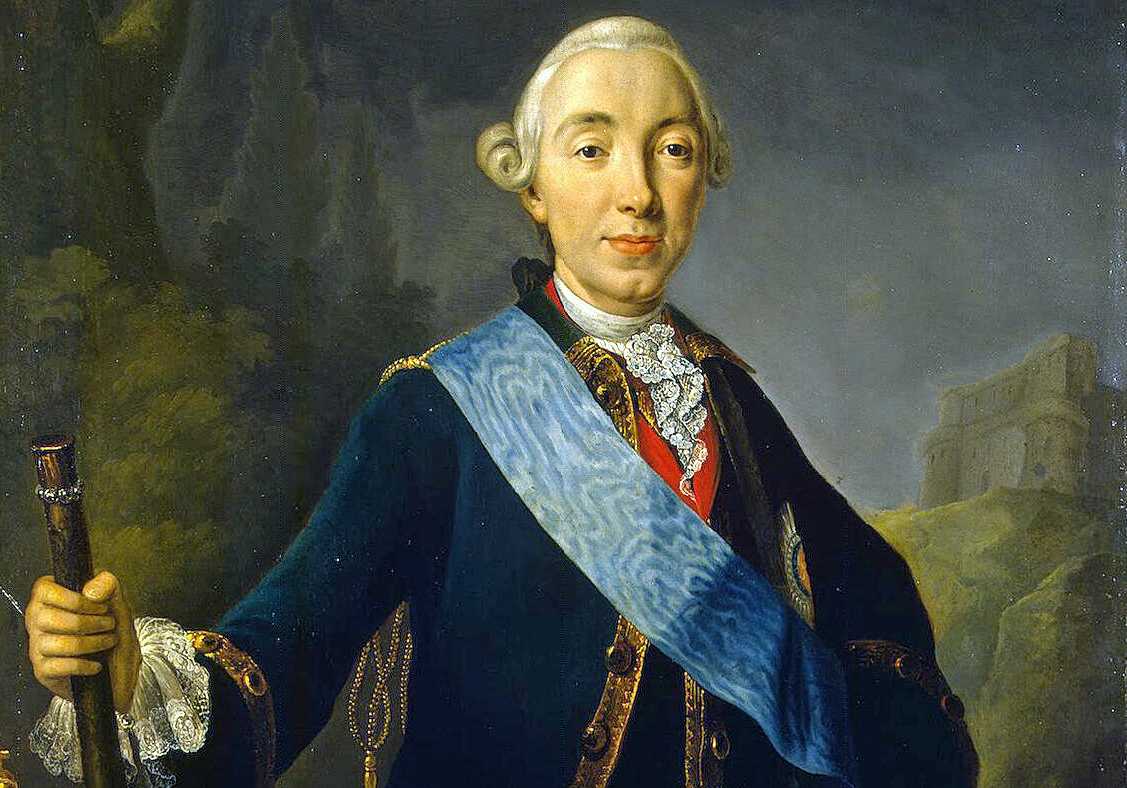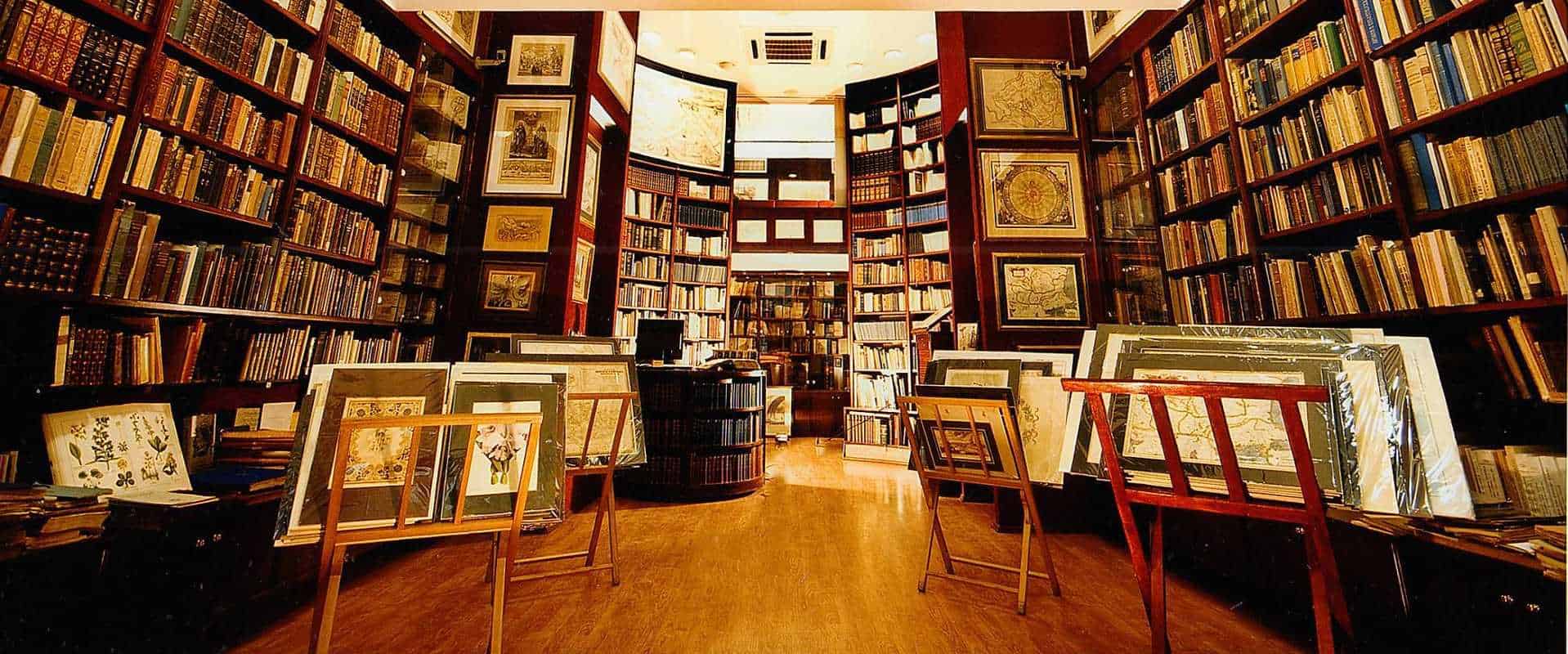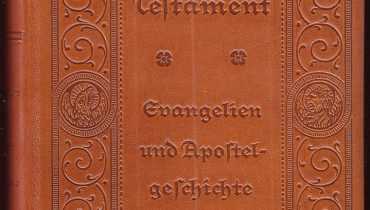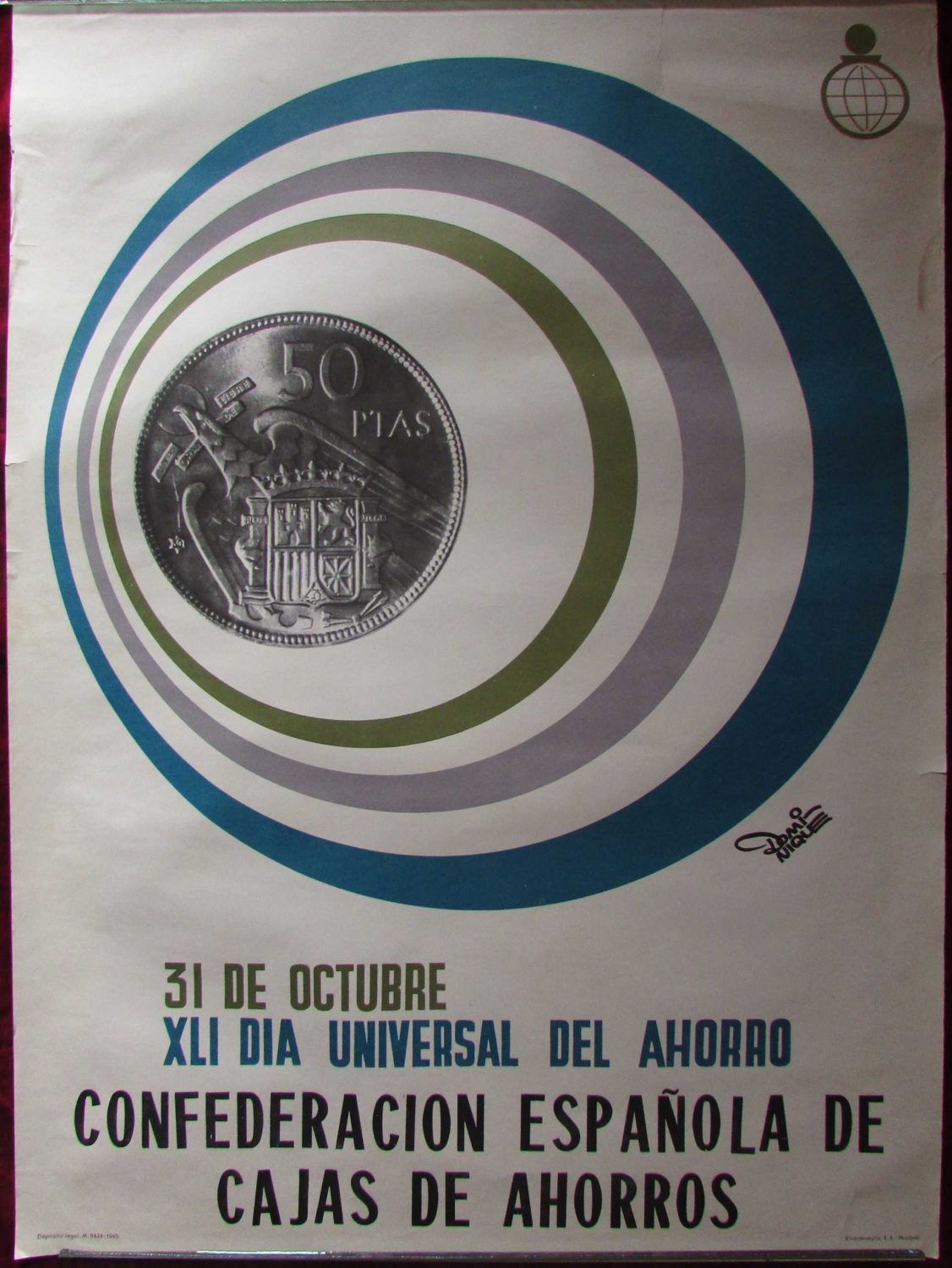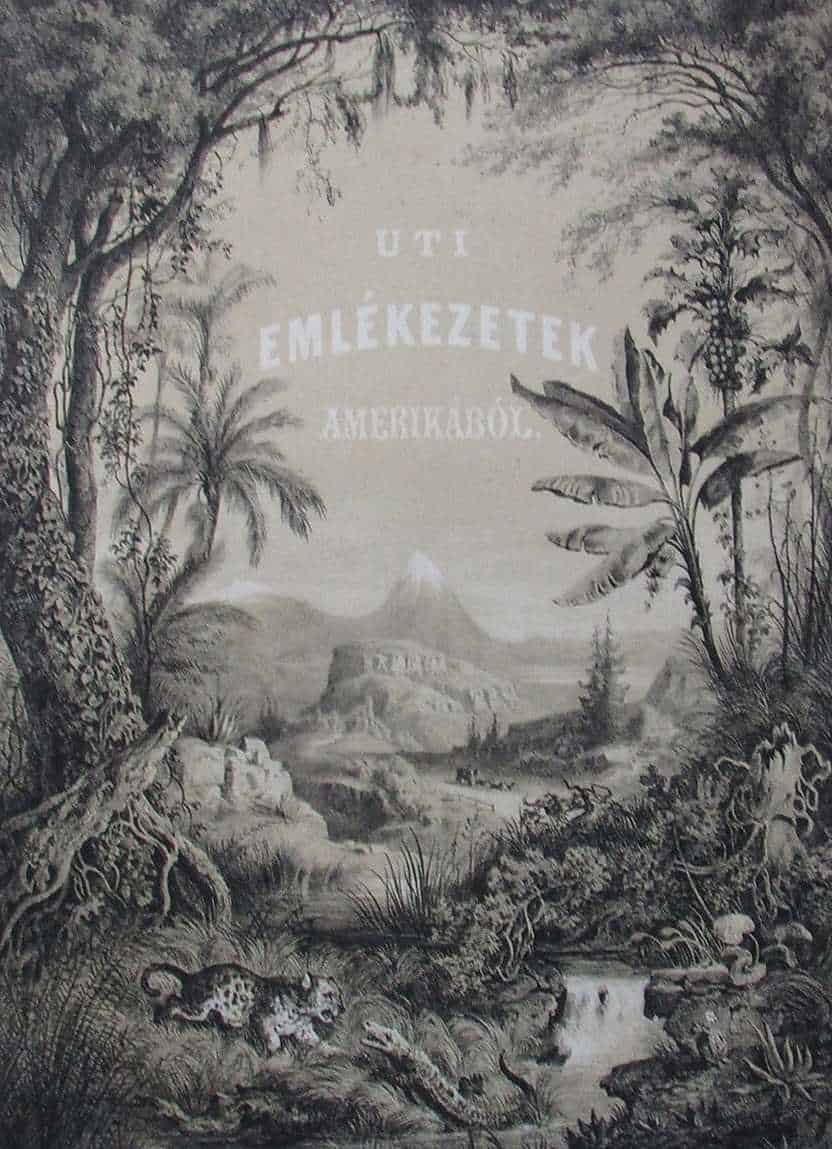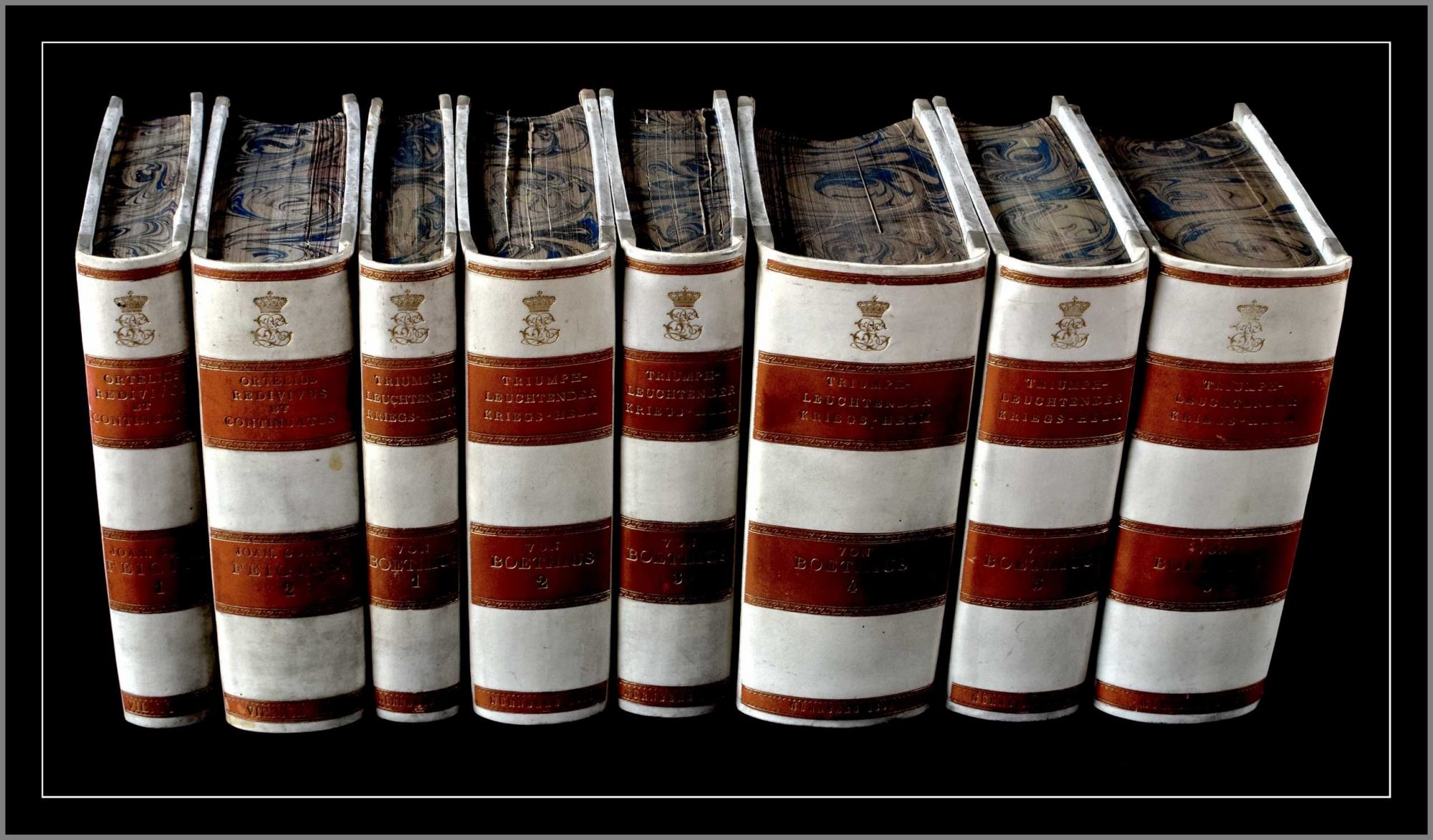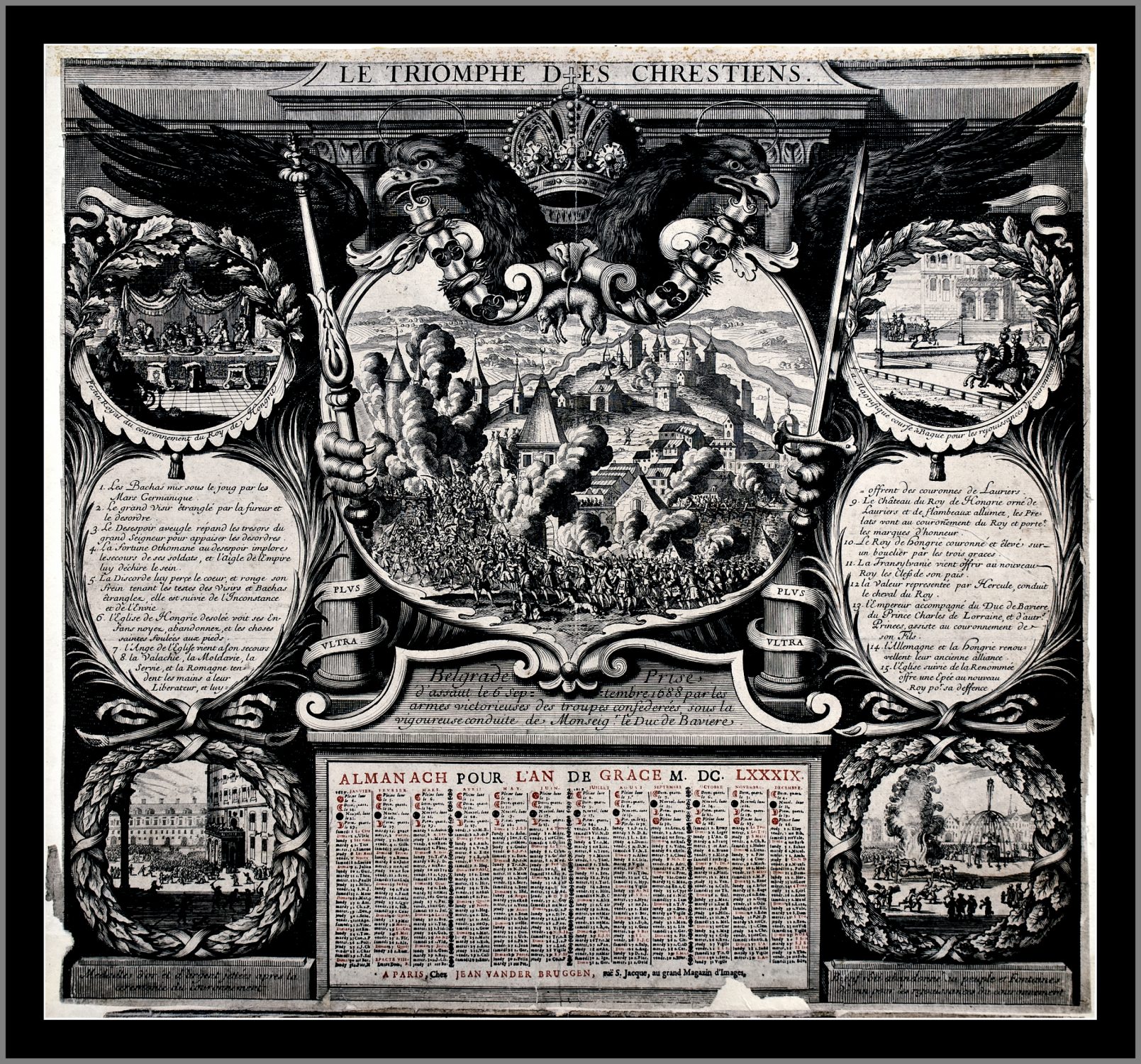Jesuits – The Soldiers of God
The profession of the catholic faith underwent a turbulent period after the Protestant Reformation. This called for a serious reexamining of catholic traditions and practices. The Jesuits, known as the Soldiers of God, rose up to challenge, fighting in the struggle for catholicism.
The Protestant Reformation
It was the 16th century and the Catholic Church was losing its followers. In 1521, Pope Leo X excommunicated Martin Luther from the Church, and the Holy Roman Emperor Charles V declared Luther an outlaw. They thought they solved the problem the old way. Little did they know that they inspired an entire movement, the Protestant Reformation, that would significantly decrease the population under Vatican’s domineering influence.
The initial movement that started within Germany diversified, and other reform impulses arose independently of Luther. The spread of Gutenberg’s printing press provided the means for the rapid dissemination of religious materials to the people. The largest groups were the Lutherans and Calvinists. Lutheran churches were founded mostly in Germany, the Baltic, and Scandinavia, while the Reformed ones were founded in Switzerland, Hungary, France, the Netherlands, and Scotland. The new movement also had a decisive influence on the Church of England after 1547 under Elizabeth I, despite it being independent.

The recognizable IHS stands for the first three letters of the Latin transcription of the ancient Greek spelling of Jesus (Ihsous)
Founding of the Jesuit Society
Coincidently, in the year 1521, that same year that saw Luther expelled from the Catholic Church, new hope arrived. A young Spanish aristocrat by the name of Íñigo López de Loyola got struck by a cannonball during the Battle of Pamplona. It wounded one of his legs and broke the other. He retreated to his home and had several surgical operations. Mind you, this was before we had anesthetics.
During this time he read the De Vita Christi, by Ludolph of Saxony, and in it, he proposes to the reader that he place himself at the scene of the Gospel story, that he visualizes the crib at the Nativity, and so on. This work inspired the Spanish nobleman to become Saint Ignatius of Loyola, founder and Superior General of the Society of Jesus, a Catholic order whose members were called Jesuits, the Soldiers of God.
It may seem strange that a religious order would have someone with the title of Superior General. However, it makes complete sense since the Society welcomed”whoever desires to serve as a soldier of God”. Ignatius and his men gathered and professed vows of poverty, chastity, and later obedience. This included a special vow of obedience to the Pope in matters of mission direction and assignment. In 1540, Pope Paul III approved Ignatius’s plan of the order’s organization. Since then, Jesuits have gone on many missions to, officially, work in education and do intellectual research. Thus, they founded schools, colleges, universities, and seminaries. However, its true purpose was to bring forth a new and sympathetic doctrine to 112 nations on six continents and repair the Catholic Churches’ reputation after the Martin Luther fiasco.
Repairing the Reputation
One of the men was particularly prominent in this respect. Francis Coster (or Frans de Costere, Latin: Franciscus Costerus) was a Doctor of Philosophy and Theology from the University of Cologne recruited personally by Ignatius to the order. Francis had a stunning reputation as a man who was ever ready to defend the teaching of the Catholic Church. At the time he also engaged with Protestant ‘new ideas’, averting people back to Catholicism. He wrote a book about the institutions of the Roman Catholic Church:

Franciscus Costerus – Libellus Sodalitatis. On the Brotherhood of Our Blessed Lady
The work consists of books (parts). Each one describes one part of the institutions of the Brotherhood of Our Blessed Lady (Illustere Lieve-Vrouwe-Broederschap), one of the most influential brotherhoods in Belgium during the 15th and 16th century.
Eastern Missions
And while some Jesuits were arguing the scripture with Protestants, others engaged in missions in faraway lands. Nicolas Trigault was a Walloon Jesuit and a missionary in China. He also went by the Latinised name Trigautius or Trigaultius, and his Chinese name Jin Nige. His job was spreading the teachings and reporting the results to the Pope. However, he is now mostly remembered for his travelogues about China, and his passionate approach to the Catholic cause, which resulted in severe depression and consequent suicide after he failed to defend the use of the term Shangdi as a Chinese word for Christian God, a term prohibited in 1625 by the Jesuit Superior General Muzio Vitelleschi. More on the topic of Christianity in the far East in our articles to come!

Detail on the frontispiece of Tomas Johannes Pessina de Czechord’s Ucalegon Germaniae, Italiae et Polonie. Printed in Prague, 1663 in the University of the Society of Jesus.
Jesuits grew in stature and reputation. They were credited with expanding the Church’s reach across the globe, as well as bringing a softer approach to Catholicism. Finally, in 2013, Jorge Mario Bergoglio became the first Jesuit Pope, taking the name Pope Francis.
Srđan Dimitrijević
Books from our store Sigedon Books and Antiques.


